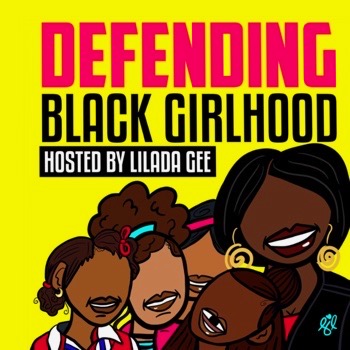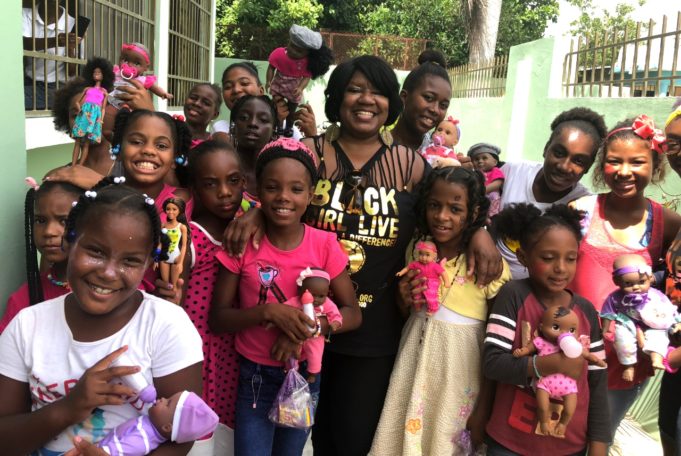In 2007, the body of a 15-year-old girl from Fitchburg was found in Gary, Indiana with little information as to how she ended up there.
For eight years, Erika Hill, a young black girl, had been missing before she was eventually identified as the victim in 2015. The case led to her adoptive mother, who was sentenced to 20 years in prison for child neglect causing death.
However, despite the sentence and connection to Hill’s death, the cause of death itself has remained a mystery to this day.
The circumstances surrounding Hill’s mysterious death will be the focal point of the first season of a new podcast, aimed at telling the stories of Black girls. The podcast, called Defending Black Girlhood, will be hosted by Lilada Gee, author of “I Can’t Live Like This Anymore!” and long-time advocate for Black girls and women.
The first season, titled “Who Killed Erika Hill?,” will have 10-12 episodes analyzing the epidemic of missing Black women and girls. According to the National Center for Missing & Exploited Children, there are an estimated 64,000 missing Black women and girls.

“That’s a very huge number,” Gee said. “We’re gonna be looking at that by taking it in and funneling it down to the story of one black girl that was missing and looking at the depth of her story for the greater understanding that each of those women and girls that are missing have a significant story.”
Gee, who has experience in radio, understood the power of radio and thought a podcast would be an appropriate way to advocate for black girls. She also used her own experiences to inform her work. At a young age, Gee was sexually abused and her trauma from that has led her toward protecting other young black girls.
“I have a greater level of compassion from a lived experience,” she said. “It also gave me a greater level of fire, of passion of wanting to do all I can to inspire others around me to allow Black girls to have their Black girlhood. Because of the work that I’ve done in the community for more than 35 years, I’ve seen a lot and it makes me want to push the system to a greater capacity. We can do better by our black girls.”
Equipped with her lived experience and radio skills, she created Defending Black Girlhood to create a space focused on advocating for Black girls. Though the podcast is on behalf of Black girls and women, Gee hopes to reach “all those who love [Black girls], and want to find out how to better serve and teach them.”
Each season will focus on different issues Black girls and women face. The drop of the podcast came at a crucial time for Black girls, Gee believes. While social distancing orders are still in effect, there may be Black girls who are in abusive situations and for Gee, that makes the podcast even more important.
“Sometimes school is the only escape for a Black girl from an abusive home. So now, she doesn’t have that escape and she’s living in an abusive situation 24/7. There are no social workers or teachers that can notice things and that makes this a potentially very dangerous time for girls who are already in danger.
“I think it’s a great time [for it] to come out because we don’t have normal distractions that we are often inundated with when we’re busy,” she added. “People will take the time to really listen in and allow themselves to ponder how we can make our churches, schools and homes safe for black girls. This is a great time for us to ponder these questions because at some point we’re going to get out of quarantine and we’ll have an opportunity to do better by black girls. I hope this podcast is part of that process for some people.”
The pre-release episode, “Ground Zero,” is available for download on Apple Podcasts, Spotify, her website and other major podcast platforms. Defending Black Girlhood will be released on this Sunday, April 26, which is Hill’s birthday. It will be available on most major podcast platforms.
Additionally, Gee will be hosting a watch party that day on her personal Facebook page at 7 p.m.
“Erica’s story is something that I have come to hold very dear and close to my heart. I want to tell her story with justice.”




























